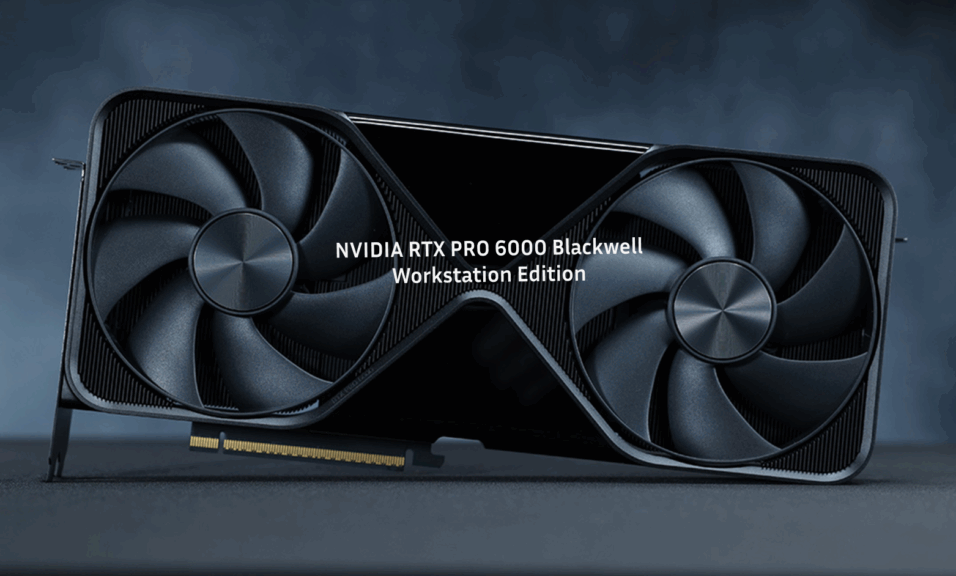Introduction
The true power of OpenAI’s fine-tuning capability lies in the profound synergy between cutting-edge technology and skilled human teams. Achieving highly specialized and accurate AI solutions transcends simple prompt engineering, demanding a collaborative, human-led approach to data preparation and strategic application. Our MindCraft team stands at the forefront of this crucial endeavor.
Expertise in Data-Driven Fine-Tuning
In the pursuit of highly specialized AI, our team’s work in data preparation is paramount. They ensure that the success of fine-tuning hinges not just on data volume, but on curating “high-quality, relevant training data.” This involves meticulous attention to:
- Quality over Quantity: We focus on ensuring the accuracy, representativeness, and adherence of data to specific patterns, tones, and desired output structures, moving beyond mere collection.
- Optimal Sample Creation: While a minimum of 10 samples is required, the team understands that robust fine-tuning often necessitates hundreds or thousands of data points for the model to truly learn and generalize effectively. They expertly manage the JSONL format for all training data, ensuring technical precision.
- Targeted Learning with Few-Shot Examples: The incorporation of few-shot examples further underscores the team’s role in providing targeted learning instances, guiding the AI to understand complex nuances.
- Mastering Vision Data Support: With advanced models like gpt-4o-2024-08-06 and gpt-4.1-2025-04-14 supporting vision data, the team adeptly manages image validation, formatting (JPEG, PNG, WEBP, RGB/RGBA), and adherence to size limits (max 64 images per example, 10 MB per image), adding a critical layer of collaboration and complexity.
Navigating Fine-tuning Limitations
Our team’s expertise extends beyond data creation to strategically navigating the inherent limitations of fine-tuning, ensuring optimal performance and resource utilization:
- Efficient Token Management: They meticulously plan around and strategically manage limitations like the 128,000 token limit per sample (with completions limited to 64,000 tokens), influencing how data is structured and presented for fine-tuning jobs.
- Job Concurrency Planning: Our team effectively plans and manages fine-tuning jobs to adhere to concurrent and daily job limits imposed by OpenAI, ensuring smooth and uninterrupted progress.
- Designing Structured Outputs with Function Calls: Recognizing the power of training models for structured outputs using function calls, the team takes the lead in defining and preparing the precise data that enables these reliable and machine-readable AI responses. This highlights their crucial role in defining exact AI behavior.
Collective Intelligence in AI Customization
Our team’s contribution extends beyond basic prompt engineering. Our work is central to leveraging human collective intelligence for advanced AI capabilities:
- Deep AI Customization: Enabling a deeper level of interaction and control over AI behavior leads to truly personalized solutions.
- Meticulous Data Curation: The true power of OpenAI’s fine-tuning lies in how human teams apply their collective intelligence. From meticulous data curation to strategic application of new capabilities, our collaboration is key to deploying AI that delivers unparalleled accuracy and efficiency for specific business challenges.
- Strategic Application of New Capabilities: The team is instrumental in strategically applying new features and capabilities, ensuring they are used effectively to meet specific business challenges and yield optimal results.
Conclusion
A Collaborative Path to Specialized AI
This collaborative approach, spearheaded by our team, underscores that fine-tuning is not an automated process, but a deeply collaborative one, leading to highly specialized AI solutions that directly meet complex organizational needs.



